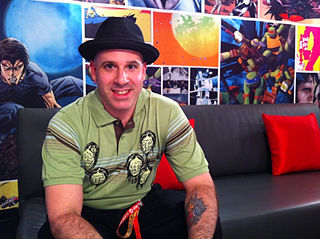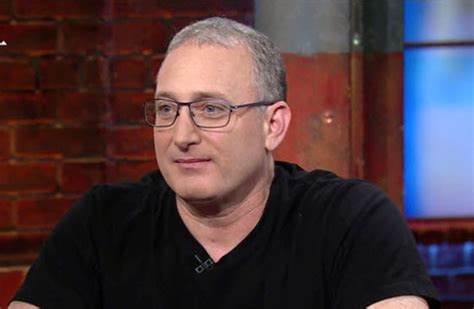A Quote by Chris Riddell
As the Kindle's dread grip on digital publishing is challenged by tablet computers and Android smartphones, with their bright screens and high resolution, the need for illustration is growing.
Related Quotes
We're excited by the success of WhatsApp on top of Android. Amazon brings services like Kindle on top of Android. It's a competitive world and a lot more complex than people realize. When you run a platform on scale, you have to make sure it's truly open. That way, not only do you do well, so do others.
"Do you have information that there's an android in the cast? I'd be glad to help you, and if I were an android would I be glad to help you?" "An android," he said, "doesn't care what happens to another android. That's one of the indications we look for." "Then," Miss Luft said, "you must be an android."
If you cannot make moving pictures about yourself, your country and your culture, it's as if you do not exist anymore in this world of images we live in. Because now when we all switch on our smartphones or our iPads or our computers, it's all image and sound. All people and cultures must work to secure their place in the digital space. Cinema is also political in this way.
When things are digital, they're all 1's and zero's, and so they commingle in ways we didn't anticipate and you could do things that were not like publishing or television, or computers, but were some intersection of those and that got known to be convergence, so between the switching, or trading of places and the convergence, you have today's media.
There has been a stigma around letting movies be seen on home screens on the same day as theatrical screens. Universal said they were going to do it with 'Tower Heist,' but they backed off when challenged by the theater owners. I understand where the theater owners are coming from on big studio movies.








































